Meaning of Social Education:
Social Education previously has a different form. It was called “Adult Education”. This adult education in the narrow sense has a common belief of teaching 3Rs which are Reading, writing and Arithmetic. This teaching of 3Rs was meant for those adults who had got no opportunity for getting an education of any sort in a formal way, during their childhood. But their application of the concept of adult Education did not remain in this sense afterwards. Now, it has become Social Education and the ‘training for citizenship’ or ‘training to live life effectively and fully’ has been included fundamentally in it. It does not mean that the learning of the basic skills of 3Rs was discarded. It was given priority, no doubt, but along with this “they must know the fundamental principles of health in order to live a clean and healthy life, they must learn the methods to improve their economic life by learning handicrafts to supplement their income; they must have a sense of citizenship within adequate consciousness of rights and duties, of social conditions contained in them. Country and working of the Government of their country and lastly they must have healthy forms of recreation in order to utilize their leisure time well”.
Form of Social Education:
Social education must have a practical form. Practical education should be managed for all adults. Their efforts should have a satisfactory response. Practical insight should be cultivated in them through education. Thinking and reasoning capacities, problem-solving attitudes and the power of self-sufficiency should be cultivated through social education. Women should also, be trained practically, in order to maintain home affairs in well-ordered condition:
“In these days of industrialization and mechanization, cost of living has gone very high and the housewife is also keen to economise and also add to the income of the family by doing some gainful leisure-work”.
Productivity and Social Education:
Thus we find that social education should not only aim at making the people literate only in an unproductivity way. “The aim of any programme of adult education must be to provide men and women with opportunities for developing a maturity of outlook and judgement, for increasing their sense of responsibility and awareness, for helping them to evolve a philosophy of life, and to develop interests which will enrich their leisure”.
In this way, the better and more productive use of leisure should be the aim of social education. Thus we see that the idea of the proper use of leisure has been emphasised as the aim of social education.
Aims of Social Education:
The following are the fundamental aims of education:
- To improve the lives of the people economically, socially and morally.
- To cultivate the idea of self-help.
- “Social education should create common bonds between people and promote social cohesion by breaking barriers between linguistic groups, religious groups, rural and urban groups, the educated and the uneducated, the elite and the masses, capital and labour, the native and the foreigner, young and old, rich and poor”.
- To make the people human and to heighten their mental and social status.
- Social education must awaken the consciousness among the people. The untapped population should be fully-equipped with the productivity material.
- National heritage should be preserved through the means of social education.
It has been rightly said:
“We are faced with the education of our soil and forest and resources. Our existing forest and soil wealth can be preserved if the people become mindful of this”.
In order to maintain the aim above stated, the teaching and training of co-operation are needed. Not only cooperative feeling is required but the actions should also have the light of cooperation.
“The only lasting meaning of man’s life is what he contributes to the fulfilment of mankind and social education should make the lowest among us acquire the habit of viewing his work and ideal as his contribution towards its fulfilment. This is not a matter of mere sentiment. It means widening the horizons of man’s minds to see their own existence as a part of a bigger existence. It entails keeping before their minds what they have already achieved and what they have yet to achieve and seeing both these in the context of our chosen setting”. Thus social education has a lot of aims, but a few fundamentals have been discussed above. Each and every social worker must have these aims in his or her view to teach and train adults.
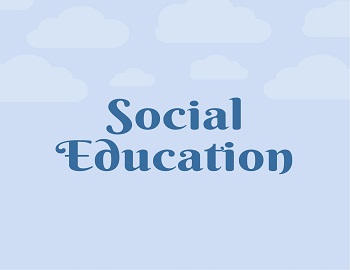
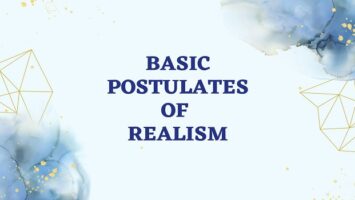
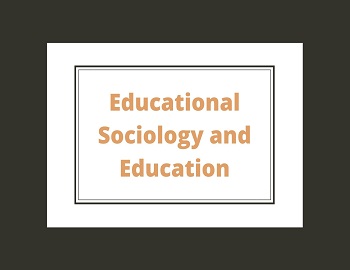
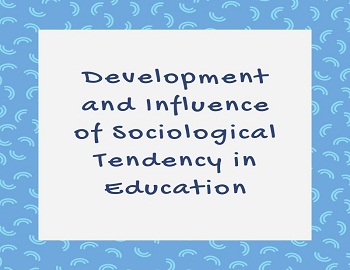



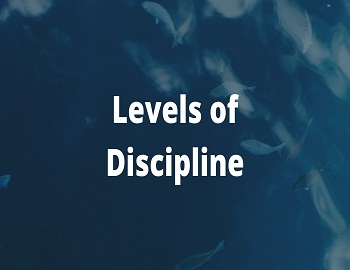
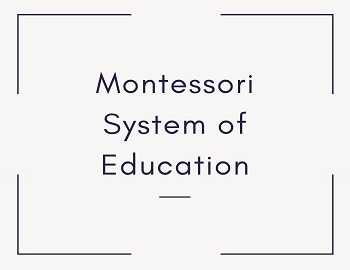
Comments (No)